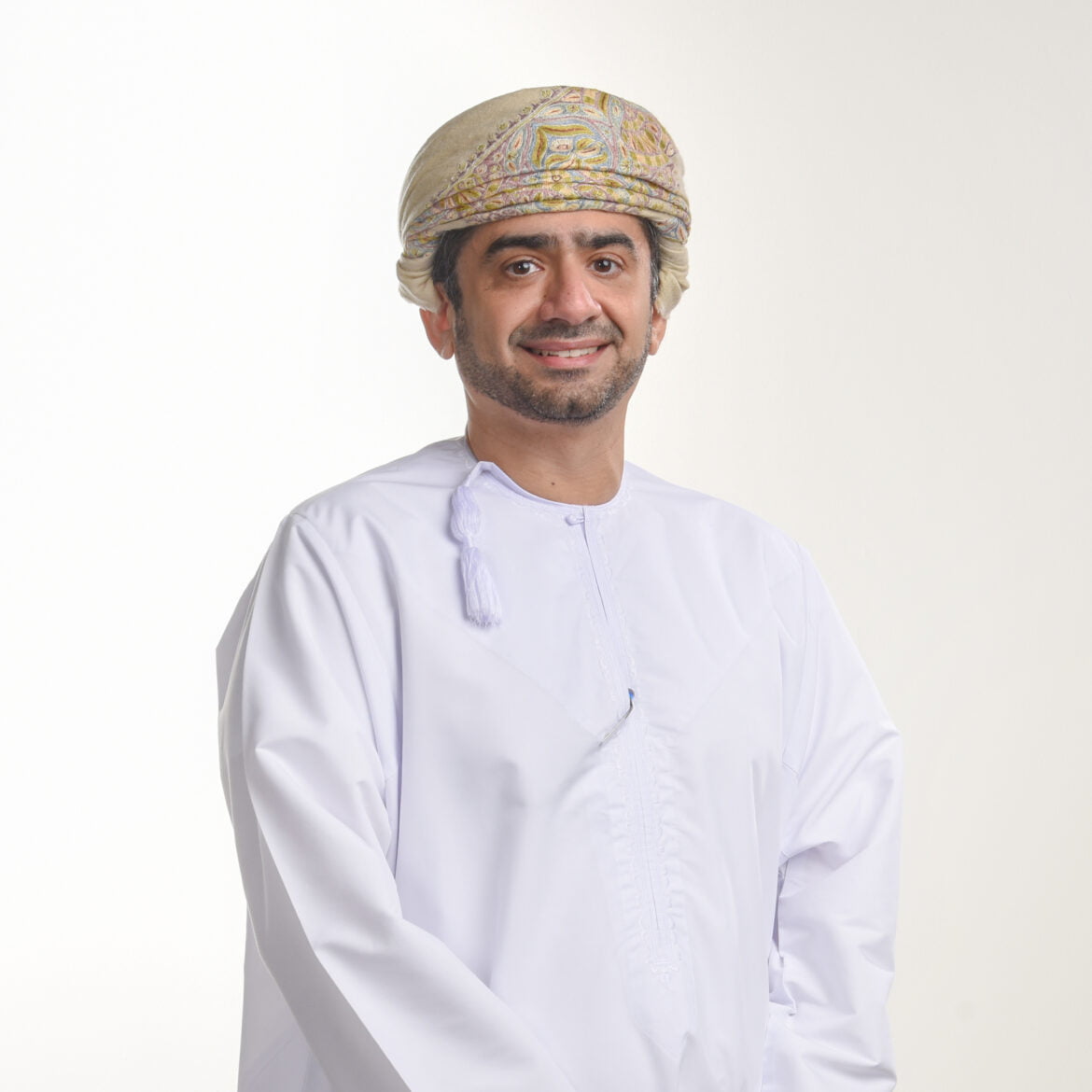Globally, the consideration of environmental, social, and governance (ESG) factors in investment decisions is expanding quickly, and Oman is no exception. Despite being in its early stages, the country is beginning to adopt ESG principles, and both the government and the private sector are becoming more interested in doing so. ESG has risen to the top of the priority list in Oman in recent years as the nation seeks to diversify and transform its economy away from dependence on fossil fuels.
Through a number of initiatives aimed at lowering carbon emissions, switching to renewable energy sources, and supporting sustainable practices in important sectors like energy, tourism, and fisheries, the government of Oman has shown its dedication to sustainability and the environment. Government laws aiming at enhancing corporate social responsibility and transparency in the financial sector have also been enacted in recent years.
One example of these initiatives is the country’s goal of generating 20% of its energy from renewable sources by 2030, as part of its commitment to reducing carbon emissions and combating climate change. Additionally, the government recently announced the establishment of the Oman Sustainability Center to lead its decarbonisation efforts. The government is also investing in various renewable energy projects, including wind, solar, and clean hydrogen to help achieve this target. Moreover, the government has launched initiatives to promote sustainable tourism, such as eco-tourism and sustainable fishing practices, which are expected to contribute to the country’s economic growth while also reducing its environmental impact.
One of the key areas of focus for ESG in Oman is environmental protection. The country is home to a number of unique and delicate ecosystems, including deserts, mountains, and coastal areas, which are under threat from human activities. To address these challenges, the government has implemented a number of policies and initiatives aimed at promoting sustainable development and protecting the environment. For example, Oman has committed to reducing its carbon emissions through a range of measures, such as increasing the use of renewable energy, improving energy efficiency, and reducing waste.
However, despite these efforts, the implementation of ESG practices in the country remains limited. One of the main challenges is a lack of awareness and understanding of ESG among the private sector, which has been slow to adopt sustainable practices. Many companies in Oman are still focused on short-term profit rather than long-term sustainability, and there is a need for greater education and outreach to raise awareness about the benefits of ESG and encourage more companies to adopt these practices.
Despite these challenges, the potential for growth in ESG adoption in Oman is high. The global demand for sustainable investments is rising, and Omani companies have the opportunity to differentiate themselves and attract investment by prioritising ESG. For example, companies that adopt sustainable practices can attract investment from environmentally conscious investors, who are becoming increasingly prevalent globally. Additionally, by incorporating ESG principles into their operations, companies can improve their reputation, increase employee morale, and ultimately contribute to the long-term sustainability of the country.
One of the key ways that companies in Oman can adopt ESG principles is by improving their transparency and accountability. This can be achieved through the implementation of proper reporting and disclosure practices, which help investors better understand a company’s ESG performance. Companies can also demonstrate their commitment to ESG by implementing sustainable practices in areas such as resource management, employee health and safety, and community engagement.
In conclusion, while the adoption of ESG in Oman is still in its early stages, the government and private sector are showing increasing interest in incorporating ESG principles. Despite facing challenges such as a lack of awareness and understanding among the private sector the country has significant potential to develop a thriving ESG market in the coming years. Companies that adopt sustainable practices can attract investment from environmentally conscious investors, improve their reputation, increase employee morale, and ultimately contribute to the long-term sustainability of the country. With increased awareness, education, and outreach, Oman can become a leader in ESG and set an example for other countries to follow.
By Dr. Mohab Ali Talib Al-Hinai
Vice President – Sustainability and Circular Economy, Oman Environmental Services Holding Company “be’ah” and Cofounder – Sustainable Investments LLC.
Mohab Ali Al Hinai is a sustainability enthusiast with almost 20 years of experience in the fields of R&D and technology assessment. Mohab holds a BSc and MSc in Biotechnology from Sultan Qaboos University and Northwestern University, respectively, and later went on to earn a PhD in Biological Sciences from the University of Delaware. He also holds professional certificates from Harvard Business School and the University of California, Berkeley as well as participating in the National Collaborative Leadership Programme that was organised by the Royal Academy of Management, Oman in collaboration with Saïd Business School, University of Oxford and IMD.




